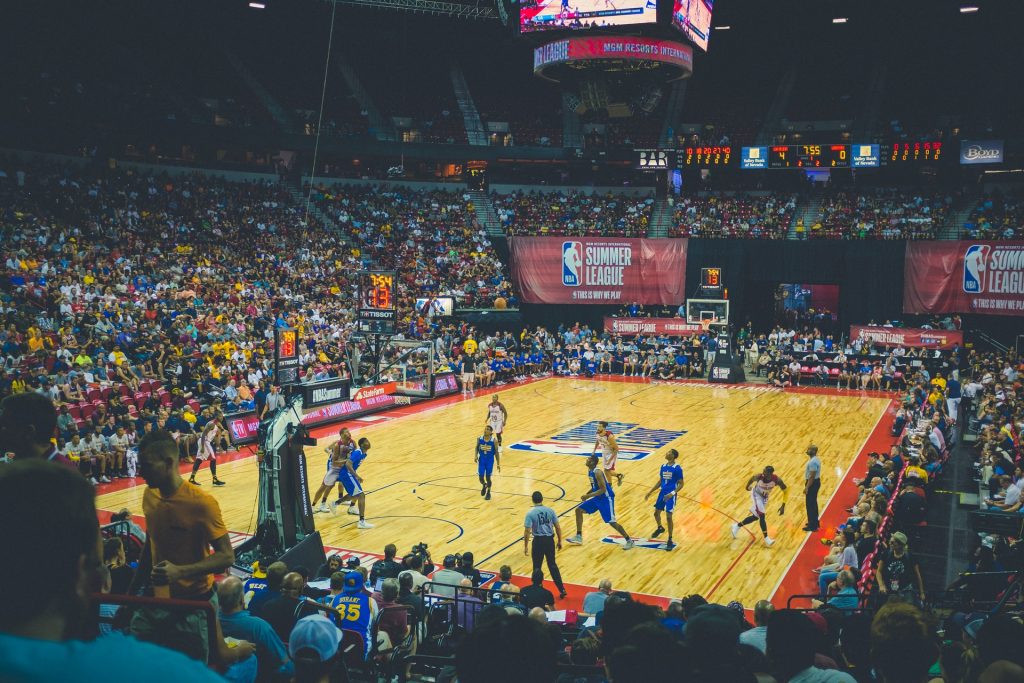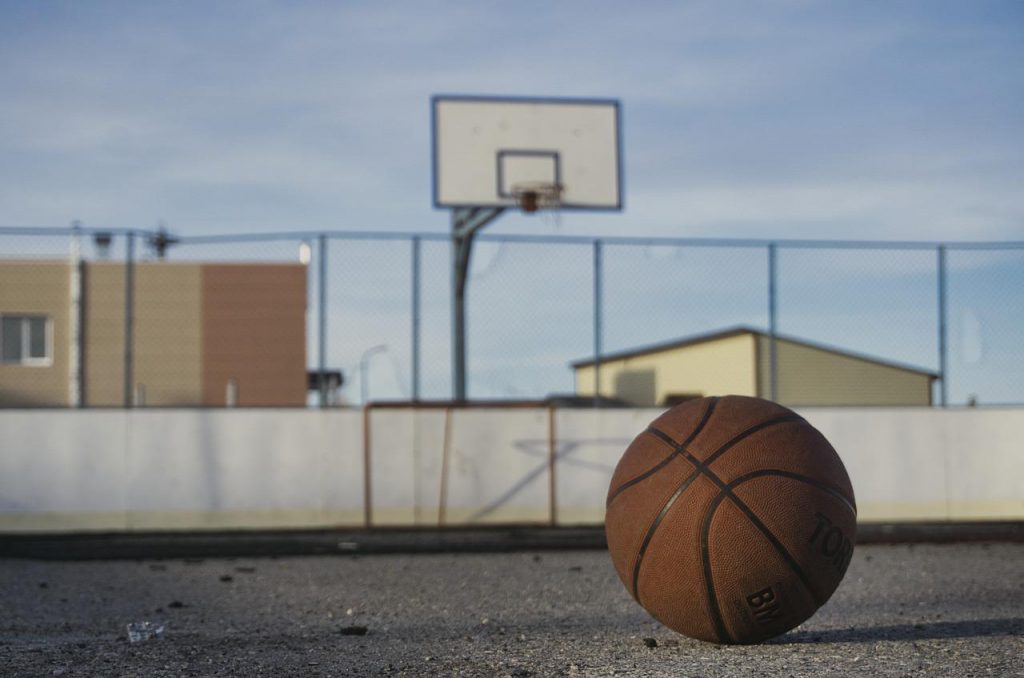Sunday, January 26, 2020 a white Sikorsky S-76B helicopter with blue stripes takes off from John Wayne Airport in Orange County, Los Angeles, bound for a Mamba Sports Academy tournament that was to be held in the northern California township. On board are basketball legend Kobe Bryant, his 13-year-old daughter Gianna Bryant, two more of her teammates, the pilot and four people involved in the AAU basketball program. Within minutes of takeoff, the helicopter encounters a thick fog bank, crashes into Calabasas Hill and plummets into the void, killing all nine people on board, and depriving us of Kobe forever.
Kobe Bryant was basketball. He inspired hundreds of thousands of kids to try their hand at basketball; he inspired older kids, who may have already hung up their shoes, to get back in the game and get back on the hardwood. He conveyed such a strong feeling of affection about himself that to this day many of us still wear the Lakers’ number 24 tank top (or even number 8, the one from the yellow-violet beginnings) at all times, even to sleep. The Black mamba gave the basketball world new lifeblood, raising the bar and providing everyone with a new limit to measure themselves against. LeBron James himself, the day after the disaster, posted a photo of Kobe on Instagram and in the caption simply wrote, “I promise to carry on your legacy.”
Three years have already passed today, three years without Kobe. It is impossible for every single basketball fan (but not only for them) to forget what he was doing on the evening of January 26, 2020 before he was overwhelmed by that tremendous news. I remember sitting in an armchair in the living room next to my parents, reading the news from a U.S. tabloid, and, after asking my father to turn on the television set to any news program, I was silent for the rest of the evening. As Mike Sielski, a reporter for the Philadelphia Inquirer, “you don’t forget a day like that. One does not forget a death capable of shaking the earth’s axis.”
And in Italy the shaking was at least as strong as it was in the United States. Because Kobe was pretty much Italian. He felt very much Italian. He felt a crazy love for our peninsula. In Italy he had followed his father Joe during the years when the latter had played in Rieti, Reggio Calabria, Pistoia and Reggio Emilia (between 1984 and 1991, in the period between Kobe’s ages 6 and 13). In Italy he attended school and spent his childhood. In Italy he started playing basketball, in Reggio Emilia, in 1989. In Italy he learned how important technique was at the expense of showmanship (“growing up overseas gave me an incredible advantage, because I perfected the fundamentals of the game first”). He gave his four daughters Italian names: Gianna, Natalia, Bianca and Capri.
Immediately after the tragedy, a clip of one of his interviews went viral in which Kobe claimed to use Italian to insult American referees without them being able to understand him, telling them “vaffanculo” But with a smile on his face. So fuck you to that damn January 26, fuck you to that damn fog and fuck you to the damn fatality. Among all those fuck yous, though, we also prefer to remember you with a smile. And we want to remember you not only as a great athlete, but first and foremost as a great man capable of leaving behind an indelible legacy.
Hello, Kobe.



